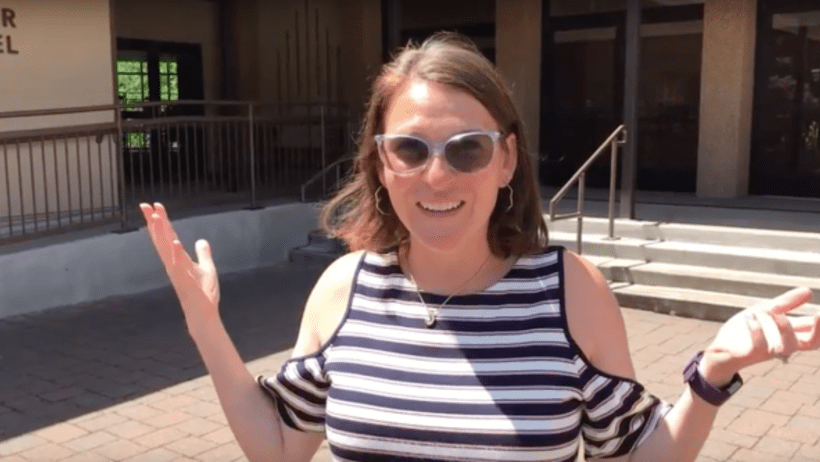If I had a dollar for every time someone either told me I looked too young to be a rabbi or that I was an old soul, I could have finished paying back my student loans long ago. I have always been an old soul in a younger body. When I was younger, I often preferred to hang out with the adults over my peers, and I was more comfortable in situations that seemed “adult” and less “angst-filled teen” even when I was an “angst-filled teen.”

However, given my young age, I’m also constantly reminded that I look too young to have wisdom, or to teach people decades older than me about a religion thousands of years old. I usually laugh it off, knowing that age is simply the number of years since birth, not a milestone of wisdom. Wisdom is attained through experiences, learning, and living. And in my 36 short years I’ve learned quite a bit from the experiences life has thrown at me.
Parshat Vayeshev reminds us of all the complexities that might come with age. It begins with Joseph’s youth and the problems he encounters when trying to relate to his siblings through his dreams. They subsequently sell him, which results in their father Jacob going into a deep period of mourning. Joseph finds himself in Egypt, interacting with young and old alike and using the skills that once turned off his peers to his own benefit.
Joseph’s relationship with his father, and thus also his relationship with his brothers, is sealed in the way he is described in chapter 37, verse 3: “Now Israel loved Joseph best of all his sons, for he was the child of his old age; and he had made him an ornamented tunic.” This verse is somewhat confusing. Benjamin was in fact younger than Joseph, so why did Joseph retain the preferred status? The answer for both Rashi and the Kli Yakar, a 17th century commentary on Torah, lies in the words used in Hebrew to describe Joseph. For Rashi, “ben z’kunim” refers to Joseph as a child with the mature wisdom of an older person. Thus, Joseph is wise beyond his years, and that made him unrelatable to his brothers, but the perfect peer for his father. The Kli Yakar understands it to mean that Joseph could be playful with children and mature in the company of adults. Joseph was a chameleon of sorts.
We spend so much time reinforcing to our children that they should just “be themselves.” But what if who they really are inside doesn’t match the “self” we expect them to be because of their age or sex or development? Respect and open communication are possible only when we value each person because of what they offer individually, not because of a category we put them in. A very philosophical statement, right? Well, perhaps I’m wise beyond my years.



